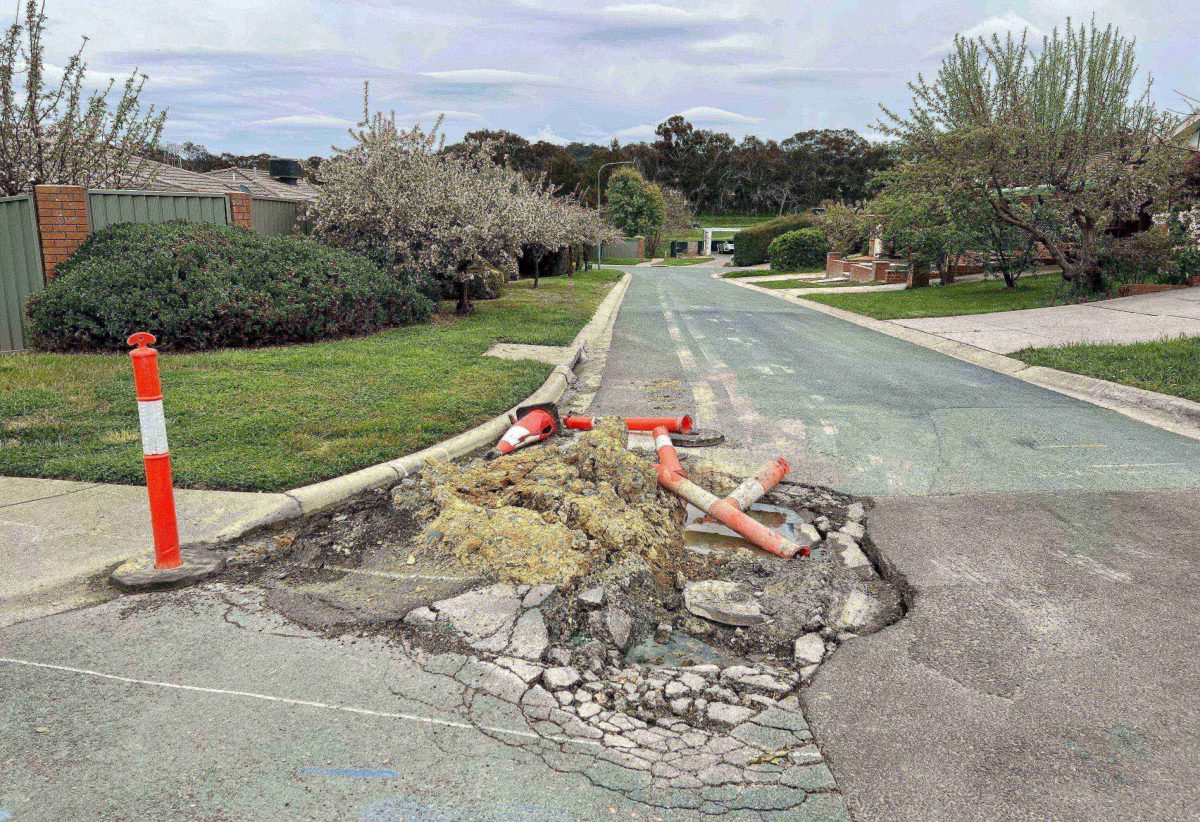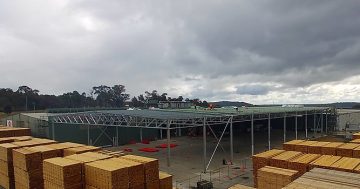
The inquiry found that extreme weather and underfunding have led to a deterioration of the nation’s roads. Photo: James Coleman.
A parliamentary inquiry into the implications of severe weather events on Australia’s regional, rural and remote road network has found that such events, exacerbated by maintenance underinvestment and backlogs, asset condition data gaps, challenges accessing betterment funding, and a lack of cross-government collaboration, have taken a toll.
Conducted by the House of Representatives Standing Committee on Regional Development, Infrastructure and Transport, the inquiry began in early 2023.
The committee was chaired by Northern Territory MP Luke Gosling with South Australia’s Tony Pasin as his deputy chair. A total of 17 public hearings were held in Canberra, Wodonga, Perth, Kununurra and Darwin between February and September 2023, and the final report was tabled on 15 December and released this week.
“Connectivity between our communities and fundamental services was one of the driving reasons the committee undertook this inquiry to consider the implications of severe weather events on our extensive road infrastructure network,” the report says.
The terms of reference included studying road engineering and construction standards required to enhance the resiliency of future road construction, the identification of climate-resilient corridors suitable for future road construction projects, what opportunities might exist to enhance road resilience through the use of waterproof products in road construction, and the Commonwealth’s role in road resilience planning.
“Our national road infrastructure network supports the lifeblood of our communities, particularly across regional, rural, and remote areas, and is critical to Australia’s socio-economic sustainability,” the report says.
“Our communities are heavily reliant upon a safe and functional road network to remain connected and to access essential services.”
The committee’s report says that increasingly severe and intense weather events in recent years – particularly the 2022 and 2023 floods – have taken a tremendous toll on Australia’s road network. It says communities were isolated and displaced, and that national freight supply chains were disrupted with lengthy diversions to deliver essential goods.
“The impacts of severe weather events have brought the pre-existing sub-standard and dangerous state of the road network to the fore,” it said.
“Maintenance works across state and territory and local government areas have fallen behind, rendering road infrastructure increasingly susceptible to climate-related degradation.
“Australia’s climate is changing. The magnitude and frequency of extreme weather events is predicted to increase, including more heat extremes, droughts, intense rainfall, and floods. Our road infrastructure must keep pace and adapt to ever-changing climate risks.”
The inquiry recognised that “climate-proofing” the nation’s roads was not feasible, and it also noted the government had promised to double the Roads to Recovery funding over the next four years as an important step in assisting local governments to target road maintenance. But it also made several key recommendations.
It said Australia needed a comprehensive national road infrastructure planning and investment framework that placed national resilience at its centre. It said this could be achieved through greater collaboration across all levels of government, the scientific community, and industry, and a review of local government funding distributions.
It said a cross-government development of road asset infrastructure resilience planning and investment frameworks was needed to ensure a coordinated approach to investment priorities and mitigate against future climate impacts. It also said a national set of road infrastructure resilience guidelines would inform asset management and target sustained investment in maintenance and capital works projects.
The committee also called for the Federal Government to work with its state and territory counterparts, local governments and road agencies to address data gaps, and to engage with the scientific community and industry to develop national design and construction standards that reflect changing environments.
Finally, it recommended strengthening procurement requirements to incorporate resilient design and construction standards, and to incentivise the use of innovative technologies and recyclable materials.
“It is essential that our road corridors, both nationally and locally, not only meet current resilience requirements but are maintained and built with a forward focus to adapt to increasing climate pressures, and to accommodate our nation’s social and economic growth.”
Original Article published by Andrew McLaughlin on Riotact.










